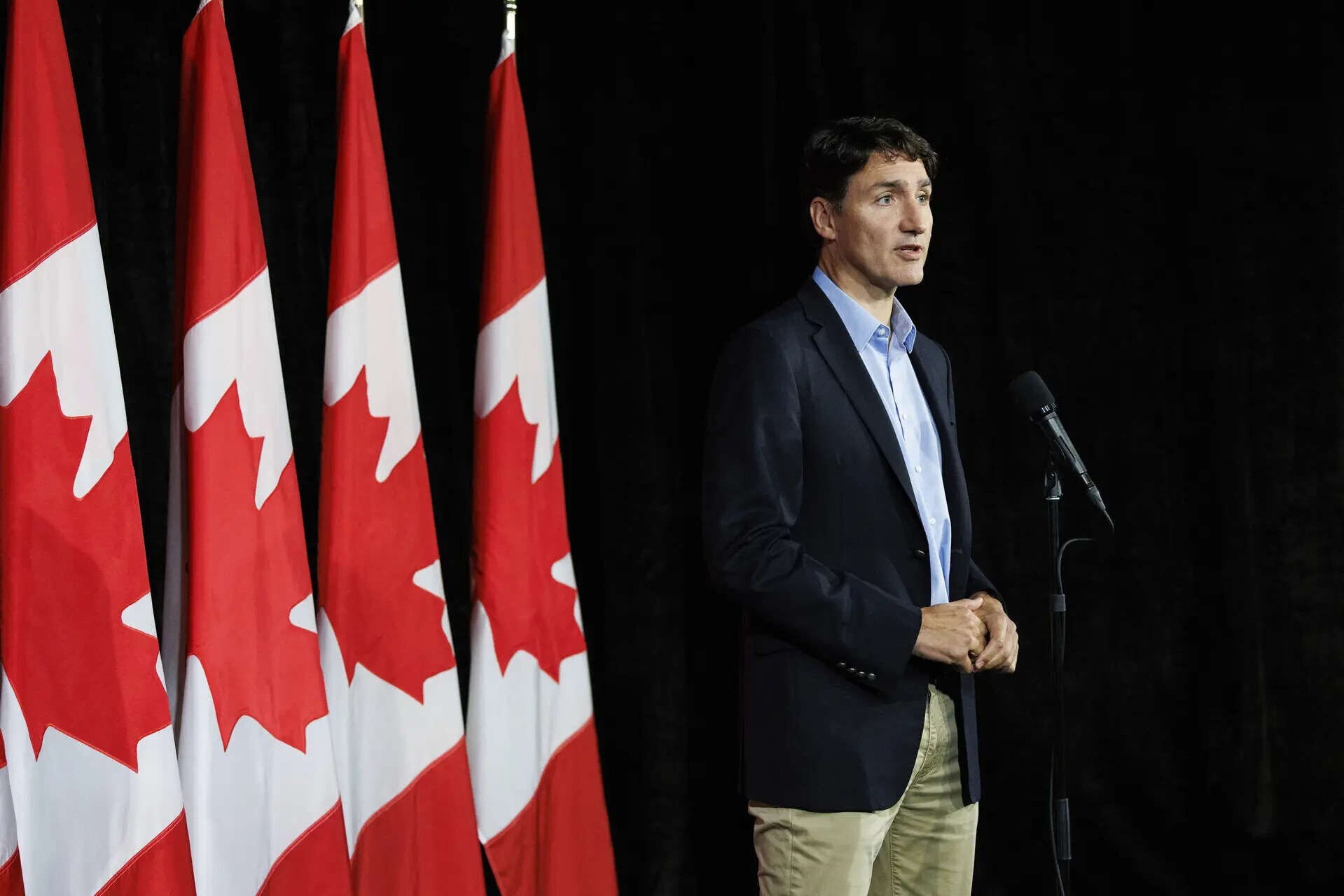

Canadian enterprises can apply for a remission of the tariff on imported Electronic Vehicles (EVs), steel, and aluminium from China, the federal government announced on Friday.

Canada will introduce tariff surcharges on aluminium and steel for Chinese enterprises on the finalised list of products effective October 22, 2024. In contrast, the tariff on EVs has been in effect since the beginning of the month. The tariffs were introduced after a month-long consultation process in accordance with Canadian law.
Government officials have reiterated that remission will be considered only in cases where import from China is necessary and there is no alternative channel, demonstrating a commitment to fair trade practices. Any contractual obligation or particular exceptions will also be considered.
Ottawa declares that this relief is intended to offset the challenges Canadian industries may encounter as they adapt to new supply chains.
Prime Minister Justin Trudeau announced on August 26 that Canada will levy a 100 per cent tariff on Chinese EVs and a 25 per cent tariff on aluminium and steel.
Finance Minister Chrystia Freeland had previously accused China of unfair trading practices as well as "abysmal" environmental and labour standards that she said allow it to unfairly price and toss products into the market at a huge cost to the environment and employees.
Chinese unfair trade practices comprise frail standards across EV supply chains, poor labour standards, a lack of environmental protections, and trade policies supporting oversupply. On the other hand, investments in manufacturing sectors prove critical to Canada's future prosperity and the net-zero transition, such as batteries, semiconductors, solar, and vital minerals, are jeopardised by China's non-market practices and weak standards across its supply chains.
However, China has, in the meantime, launched a complaint against Canada at the World Trade Organization (WTO) last month over the tariffs and announced an anti-dumping probe into Canadian canola imports, vowing to defend the "legitimate rights and interests of Chinese companies."
The move by the Liberal government follows similar tariffs declared by the United States in the spring, though those have yet to come into action.
In Europe, France, Greece, Italy, and Poland are among the major EU nations expected to vote in favour of up to 45 per cent tariffs on imports of Chinese-made electric vehicles (EVs), while Germany is likely to abstain. Despite Germany's concerns over potential retaliatory actions from Beijing, the European Union (EU) is set to approve the tariff plan.
French President Emmanuel Macron expressed his support for the tariffs, stating that the level of Chinese subsidies is "unbearable." The Czech Industry and Trade Ministry has acknowledged the Commission's findings regarding "China's unfair practices" and noted that countries like the United States, Canada, Turkey, and Brazil have already taken action.



Responses






